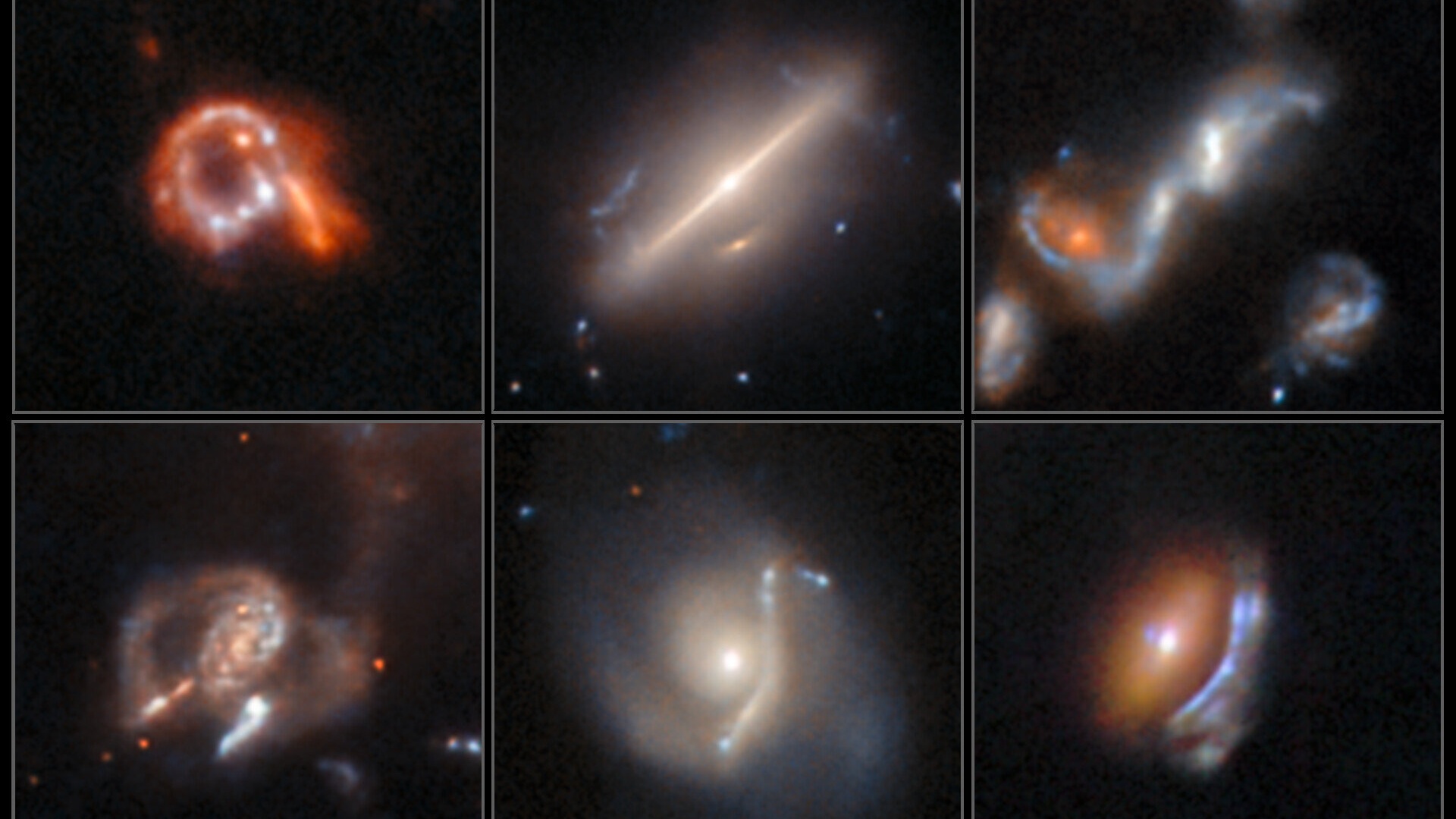'Greenland' director studied the science of comets to prepare for disaster film
The director of the new comet-impact Hollywood film "Greenland" says he tried to become his "own afficionado" in researching the science of small bodies in space.
"Greenland" will be released directly to video on HBO Max Dec. 18. For the movie, director Ric Roman Waugh did his own research into the science of comets, speaking with scientists at NASA's Jet Propulsion Laboratory and studying on his own to better understand what happens (and what would happen) after a comet hits Earth's atmosphere.
"I was really trying to understand what happened during the last extinction event," Waugh told Space.com, referring to the asteroid that killed off the dinosaurs 66 million years ago, estimated at 6 miles (10 kilometers) wide.
Related: 'Greenland' offers grim take on humanity's response to comet impact
- Want to try HBO Max? You can get 7 days free here
- Subscribe to HBO Max for $14.99/month
Like many students, Waugh quickly found contradictions as he studied and explored. He attempted to find consensus among experts who study asteroids and comets but he said that he found that their points of view disagreed on how the Earth's ecosystem was affected by the meteor.
However, despite wanting to learn about comets and what a real impact might look like, Waugh didn't want the movie to run like a documentary. "It was a family's point of view of how it would unfold," Waugh said of the movie's fictional story, which follows a made-up comet called Clarke that originates from outside of the solar system.
Waugh said he hoped that this emphasis on this personal, dramatic side of such an impact would help "Greenland" stand out from decades of previous Earth-impact disaster films such as "Deep Impact" (1998) or "Meteor" (1979).
Breaking space news, the latest updates on rocket launches, skywatching events and more!
Without giving anything away, Waugh said he tried to make Clarke, the film's comet, follow a plausible track to Earth. While one main fragment gives humanity a lot of worry, smaller offshoots periodically slam through the atmosphere and cause local havoc.
The fireballs created serious drama for stars Gerard Butler ("300," "How to Train Your Dragon"), Morena Baccarin ("Firefly," "Deadpool"), Scott Glenn ("The Right Stuff," "Sucker Punch") and the young Roger Dale Floyd ("The Walking Dead"), Waugh said.
The film's actors, coincidentally, have a fair amount of space experience, Waugh mentioned. Butler starred in 2017's "Geostorm," a disaster film about weather systems overrunning Earth after the breakdown of a satellite network; Baccarin played a fictional astronaut/escort in the television space western "Firefly" (2002-03) and Scott Glenn — star of the 1983 film "The Right Stuff" — played real-life NASA astronaut Al Shepard in the movie about the Mercury space program.
Related: Biggest space movies to watch in 2020
Yet, while the actors shared space and sci-fi experience, Waugh and the actors didn't really discuss space, he said, but moreso how the characters the actors were portraying would react to their possible deaths. He wanted the movie to show a range of possible reactions, everything from running away from the inevitable to bravely facing it down.
"What really intrigued me about the script is there were two monsters," Waugh explained. The first was the obvious — the comet, linked with possible extinction. But the second "monster" was more subtle — humanity's various reactions to impending disaster.
Waugh said that the coronavirus pandemic was not yet happening when production completed but, he added, that 2020 has shown a range of behaviors as people react to the pandemic.
"We can turn on each other or we can help each other and survive," Waugh said of how humanity reacts to a crisis. "2020 was quite difficult and disaster was right there in our face, but there were a lot of positives, too. It [this year] reminds us what we are all about, and that we can sustain anything."
Follow Elizabeth Howell on Twitter @howellspace. Follow us on Twitter @Spacedotcom and on Facebook.

Elizabeth Howell (she/her), Ph.D., was a staff writer in the spaceflight channel between 2022 and 2024 specializing in Canadian space news. She was contributing writer for Space.com for 10 years from 2012 to 2024. Elizabeth's reporting includes multiple exclusives with the White House, leading world coverage about a lost-and-found space tomato on the International Space Station, witnessing five human spaceflight launches on two continents, flying parabolic, working inside a spacesuit, and participating in a simulated Mars mission. Her latest book, "Why Am I Taller?" (ECW Press, 2022) is co-written with astronaut Dave Williams.

